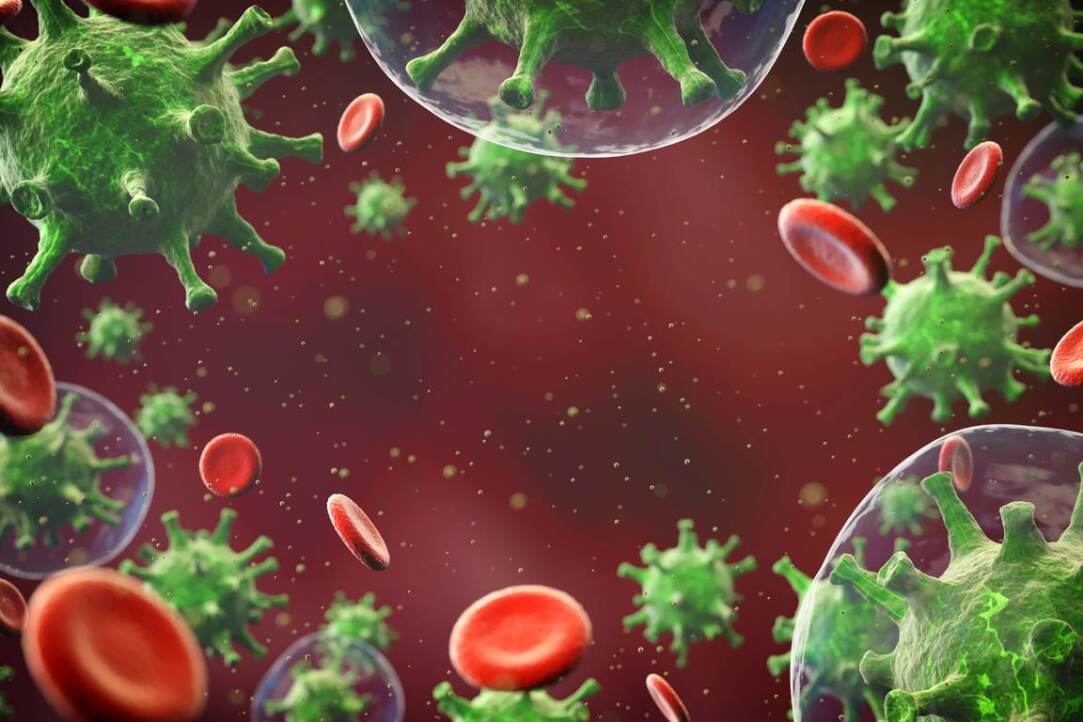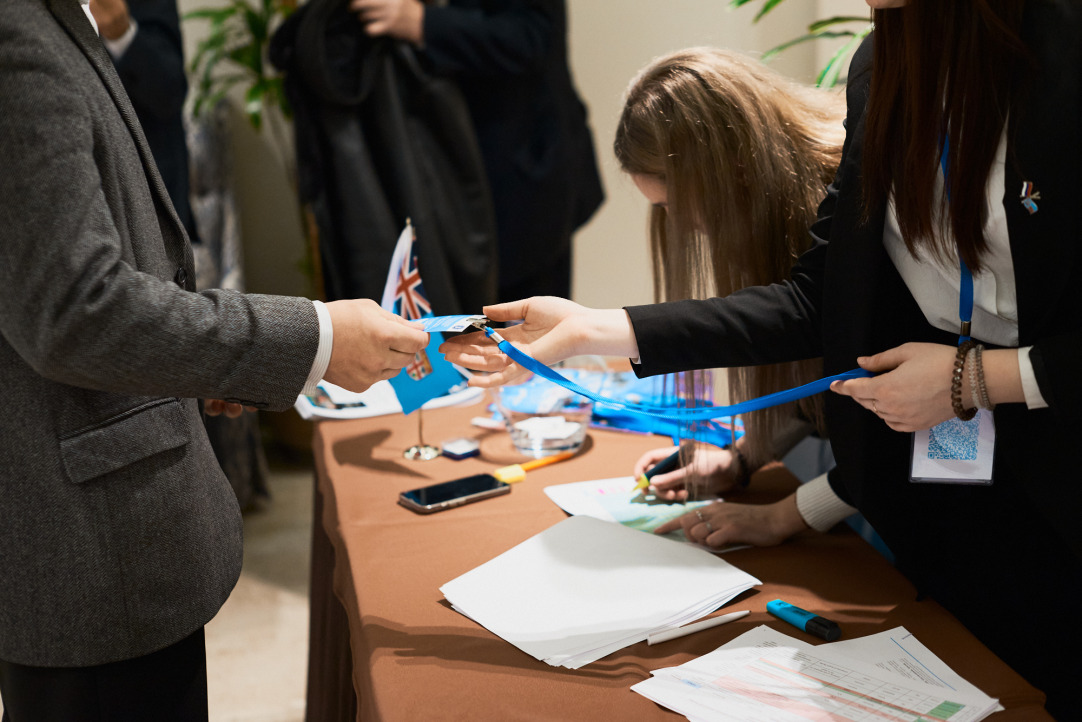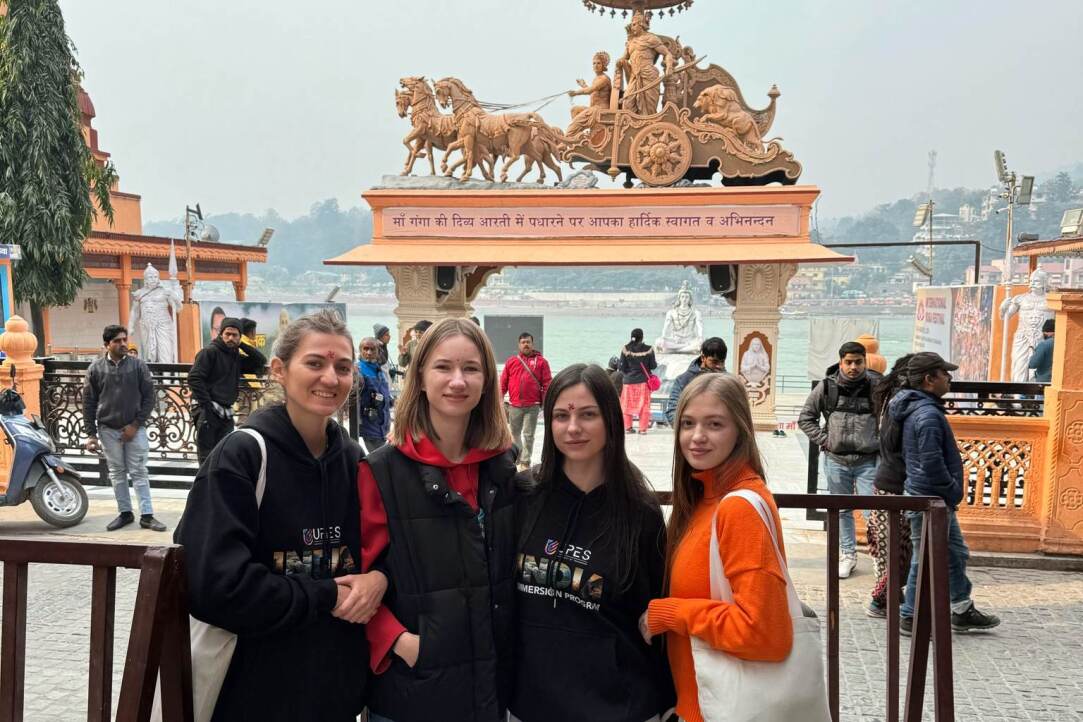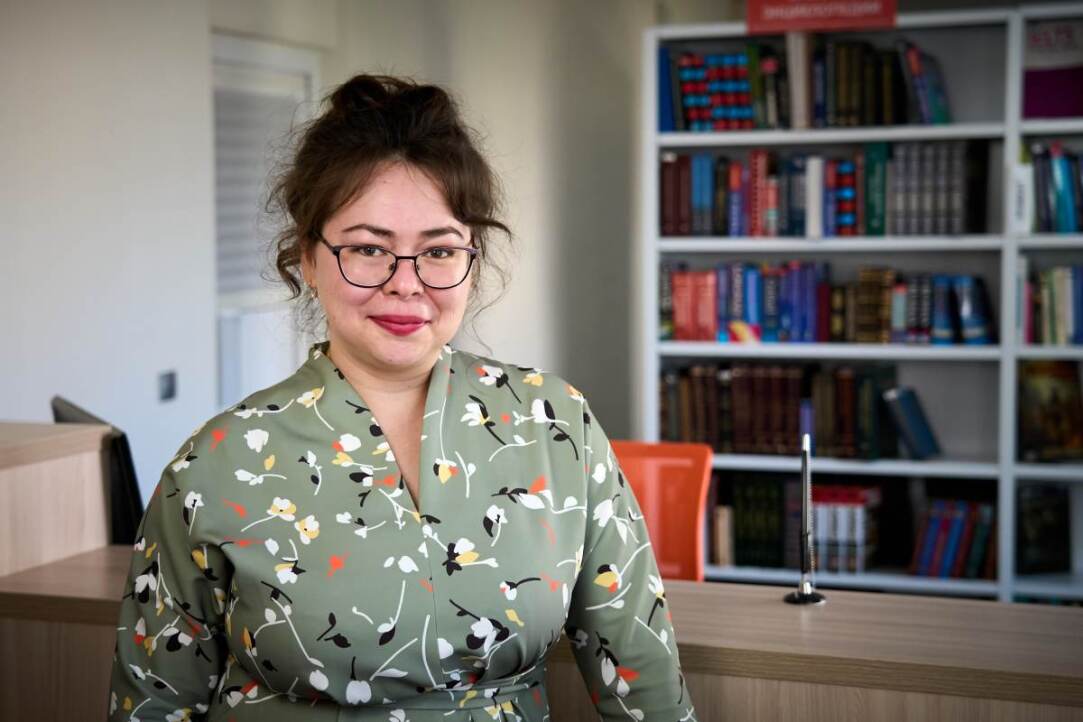
'Russia Is Not Colder, but Weather Contrasts Are Greater Here.' What HSE Scientists Shared with Visitors at 'Russia' Forum
On February 7, the lecture hall of the Russian 'Znanie' ('Knowledge') Society hosted a series of talks by HSE researchers and faculty as part of the 'Russia' International Exhibition and Forum. The talks covered a diverse array of topics, such as the interplay between innovation and creativity, how values are passed down between generations, debunking myths about Russia, the principles of successful communication in various contexts, and the concepts of collectivism and individualism. The events were open to the public.

Second Season of ‘Parajanov—100’ Contest Launched at HSE Art and Design School
As part of a continuing exploration of the national cultural context, the HSE University Art and Design School and the Russian-Armenian (Slavonic) University, in collaboration with the Sergei Parajanov Museum and the Artists' Union of Armenia, have announced the second open international online contest for collage in animation dedicated to the centenary of Sergei Parajanov’s birth.

Paper by HSE Biologists Included in the Top 5 Popular Articles of PeerJ Journal
An article by researchers from HSE University’s Faculty of Biology and Biotechnology is among the most read articles published in the PeerJ journal in 2023. In the paper, the researchers establish a link between the genetic characteristics of the human immune system and its ability to effectively resist new waves of COVID-19. PeerJ is a peer-reviewed open access scientific journal covering research in the field of biological and medical sciences. Every year the editors compile a ranking of the most popular scientific papers.

HSE University-St Petersburg Participates in Scientific Conference ‘Russia and Oceania’
On January 30, St Petersburg hosted the International Scientific Conference 'Russia and Oceania: New Challenges and Prospects'. The event was timed to coincide with the 50th anniversary of the establishment of diplomatic relations between Russia and the Republic of Fiji.

‘Anybody Who Does Not Believe in the Importance of Sustainable Development Should Visit India’
In January 2024, HSE students from Moscow, St Petersburg and Nizhny Novgorod took part in the Winter School ‘Business and Governance in India’, hosted in Dehradun by the University of Petroleum and Energy Studies (UPES). Having now completed the course, its attendees—participants of the Master’s in Sustainable Business Management at HSE Graduate School of Business—shared their impressions with the HSE News Service.

‘I Dream of Developing an Information System Devoted to Zemstvo Schools’
If Iliana Ismakaeva had not become a scientist, she would definitely have become a teacher like her parents. In this interview with the HSE Young Scientists project, she spoke about digital zemstvo studies, her walks along the Kama embankment, and virtual historical reconstructions.

‘The Fulfilment I Derive from Helping Others Makes the Programme Special to Me’
At the end of 2023, HSE University launched its International Mentoring Programme, where international alumni help current students adapt to the new environment, develop their personal skills, set goals, and make clear plans for job search and career growth. The HSE News Service spoke to participants about why the programme is interesting to mentors, what it can offer mentees, how it is it different from other career guidance initiatives, and more.

‘Moscow Is a Living, Breathing Storybook’
Zeeshan Haider, 25, comes from Quetta, Pakistan. He is a first-year Master’s student of ‘Science of Learning and Assessment’ at the HSE Institute of Education. Sanwal Iftikhar, 23, from Punjab region, Pakistan, is in his first year of the Master’s in Strategic Corporate Finance at the HSE Faculty of Economic Sciences. In this interview, they talk about their experiences of studying in Russia, exploring Moscow, and adapting to life in a new country.

Elderly People, Crisis, and Robots
Across the globe, countries are witnessing dramatic shifts in the relative proportions of younger and older generations in their demographic makeup. Even in African states, signs of an emerging demographic decline are becoming evident. By 2050, two thirds of people aged 65 and over will be living in low- and middle-income countries. While an ageing population poses a significant challenge to national economies, it can also serve as an impetus for development, especially in the realm of technology. What is the extent of global population ageing, what challenges arise in this context, and whether humanity is capable of addressing them are some of the key questions, explored by IQ.HSE, based on a paper published in Sociological Journal by Leonid Grinin, Anton Grinin, and Andrey Korotayev at the HSE Centre for Stability and Risk Analysis.
.png)
How the Telephone Conquered the World. Episode Ten: 'Number, Please?'
The history of the invention of telephony reads like a captivating detective novel, but even more intriguing are the events that contributed to the worldwide adoption of this technology. In this series of columns on IQ.HSE, Anton Basov, HSE Faculty of Computer Science editor, discusses how telephones have become an integral part of our everyday life. The final episode of the series recounts how men were unable to cope with telephone operator jobs and were replaced by tall and polite young women. However, as telephone networks expanded, the role of the intermediary became unproductive, eventually rendering the switchboard operator profession obsolete due to automation—not the first nor the last time such a thing has happened. As for Alexander Graham Bell, he used the earnings from inventing the telephone to promote science, educate people about the world around us, and pursue new inventions.

